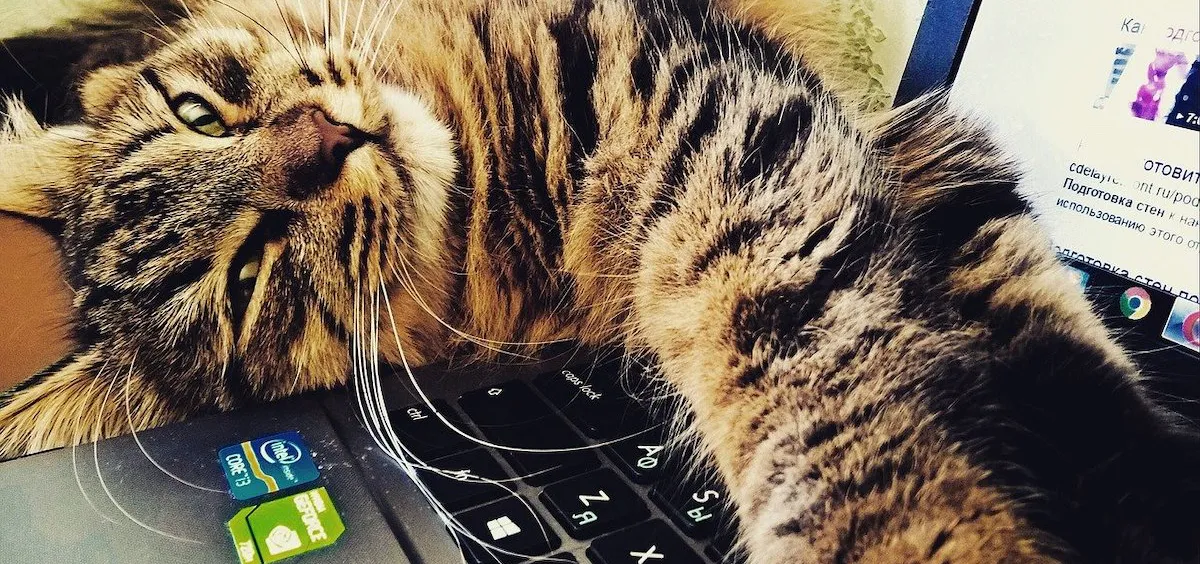The coronavirus outbreak has millions of Chinese trying “working from home”—with varying results
On February 3, DingTalk and WeChat Work, the remote working and business collaboration platforms owned respectively by Chinese internet giants Alibaba and Tencent, crashed under the weight of unprecedented traffic to their servers.
To keep business running as normal amidst the novel coronavirus (now known as COVID-19) outbreak, firms across the country have adopted “work from home” policies, with employees connecting online rather than coming in to the office. According to DingTalk, nearly 200 million employees from over ten million companies worked from home and joined video conferences on the platform on February 3, the first official working day after the extended Spring Festival holiday.
That afternoon, WeChat Work announced via Weibo that they had expanded the capacity of their network to meet the spike in demand. Meanwhile, other online office platforms, including Feishu, owned by ByteDance, and Huawei’s WeLink have offered some services free of charge to corporations.
In the space of 24 hours, DingTalk rose to become the second most download app on Apple’s AppStore and has since enjoyed a prolonged run at the top of the charts. With so many companies and employees taking part in what is a massive flexible working experiment, some wonder whether work from home practices will stick once the coronavirus outbreak has been fully controlled.
Working from home has been popular in Silicon Valley since the 1980s, and is common in many Western economies. In 2017, over 30 million Americans reported working from home. In China, however, the practice has remained uncommon.
“[This] culture has not been popular in China. The large-scale remote working experiment of many companies due to the coronavirus may bring about greater potential for the market,” Wang Wei, Vice-President of AI service provider iFLYTEK told the industrial news website Yi’ou.com earlier this month.
Perhaps demonstrating the dangers of distraction when working from home in the social media age, employees have been flocking online to debate the pros and cons of their new working arrangements: During the first week after the original end date of the Spring Festival holiday, Weibo showed over 22,000 discussions and 31.85 million views under the hashtag “working at home.”
Many welcomed the flexibility and were relieved to avoid the long, crowded commute, but others reported difficulties. Some trapped in their hometowns in the countryside due to the coronavirus made fun of their poor working conditions, including having no internet or laptops, or even lacking proper desks, thus relying on their mobile phones and data. Those in southern areas, where there is no central heating, took to working in bed to keep the bitter cold at bay. Others complained that they hadn’t been properly dressed, or washed their hair, before receiving an impromptu video conference call from their boss.
With many companies and employees testing out remote working for the first time, there is little precedent for how to manage such working arrangements. Some companies are monitoring employees by checking their “attendance” on DingTalk and WeChat Work three times a day, or by measuring the length of time they spend online on the platforms’ virtual desktop. Some have even required staff to live-stream their work.
These techniques, however, have still disappointed a majority of managers. According to a February 7 report by Zhipin.com, an online recruitment platform, 72.9 percent of managers surveyed believed that employees were less efficient when working at home, while 25.4 percent believed the practice didn’t influence efficiency, and only 1.7 percent felt employees’ performance improved.
Of the employees surveyed, 54.3 percent admitted that they were poor at self-management, while 28.8 and 16.9 percent, respectively, believed that the non-business environment and decline in communication efficiency impacted productivity. “I spent four of the eight working hours thinking about what I could write for my daily report,” one netizen joked online.
Former CCTV host Zhang Quanling shared her own struggles on Weibo: “After two days’ telecommuting, I think the worst part of working at home is that I must cook and take care of my child [during work].” With schools nationwide closed until further notice, parents are faced with having to do two jobs at once: parenting and working. While Zhang and others reported being distracted, some also complained that working from home gave employers an excuse to assume staff were available 24 hours a day.
In an interview with Xinhua News Agency, Wu Yunkun, CEO of Qi An Xin (which owns Lanxin, an online office platform) suggested that the current boom represented a test for the practice of remote working which could spur future improvements to home broadband, remote working software and data security. For workers, however, perhaps more pressing has been how to maintain one’s concentration. As one Weibo user quipped: “Definitely don’t work from your bed, otherwise you’ll find that going to sleep is far more interesting.”
Cover Image by Оля Хмелюк from Pixabay












